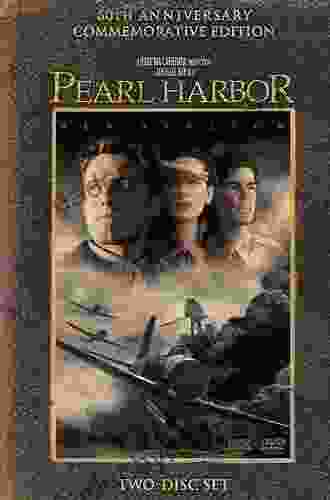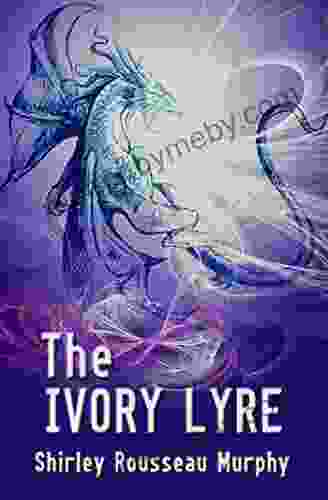Unveiling the Theory of Games: A Comprehensive Guide to Strategic Decision-Making

Imagine a world where every decision you make could potentially impact the outcome of others. Where cooperation and competition weave an intricate dance, shaping the choices that individuals and organizations make. This captivating world is the domain of game theory, a branch of mathematics that empowers us to understand and analyze strategic interactions.
In his groundbreaking book, "Theory of Games and Economic Behavior," John von Neumann and Oskar Morgenstern laid the foundation for this dynamic field. They introduced the concept of rational decision-making in situations where multiple players interact, each pursuing their own objectives. Game theory provides a framework for predicting and explaining the behaviors and outcomes of these strategic encounters.
Game theory operates within a distinct vocabulary that defines its core concepts:
4.5 out of 5
| Language | : | English |
| File size | : | 12137 KB |
| Text-to-Speech | : | Enabled |
| Screen Reader | : | Supported |
| Enhanced typesetting | : | Enabled |
| Print length | : | 1295 pages |
- Game: A set of rules that govern the interaction between two or more players.
- Player: An individual or entity that makes decisions within the game's framework.
- Strategies: The set of actions available to each player.
- Payoffs: The rewards or costs that players receive depending on the strategies they choose.
- Nash Equilibrium: A situation in which no player can improve their outcome by changing their strategy, assuming other players remain unchanged.
Game theory finds practical applications in a wide range of fields, including:
- Economics: Analyzing market competition, bargaining, and auctions.
- Business: Evaluating pricing strategies, mergers and acquisitions, and negotiation tactics.
- Political Science: Modeling voting systems, international conflicts, and alliances.
- Biology: Understanding animal behavior, cooperation, and competition.
- Computer Science: Designing algorithms, simulating complex systems, and developing artificial intelligence.
Consider the classic Prisoner's Dilemma:
Two prisoners are arrested and interrogated separately. Each faces the dilemma of confessing to a crime (defecting) or remaining silent (cooperating). If both confess, they each receive a moderate sentence. If both remain silent, they receive a light sentence. However, if one confesses and the other remains silent, the confessing prisoner goes free while the silent prisoner receives a harsh sentence.
The Nash Equilibrium in this game is for both prisoners to confess, even though it leads to a worse outcome than if they both remained silent. This paradox highlights the tension between individual rationality and collective well-being.
The Theory of Games has had a profound impact on our understanding of human behavior and strategic decision-making. It has:
- Advanced economic theory by incorporating strategic behavior into models of market interactions.
- Supported the development of artificial intelligence algorithms that can navigate complex competitive environments.
- Provided insights into the dynamics of social and political conflicts, promoting negotiation and cooperation.
The Theory of Games and Economic Behavior has unveiled a new lens through which we can view the world of human interactions. By understanding the principles of strategic decision-making, we gain the power to anticipate, predict, and influence outcomes in a multitude of contexts.
Whether navigating the complexities of business, analyzing international diplomacy, or simply understanding the dynamics of personal relationships, game theory empowers us to make informed choices and achieve desired results. Embrace the strategic mindset and unlock the transformative potential of game theory.
4.5 out of 5
| Language | : | English |
| File size | : | 12137 KB |
| Text-to-Speech | : | Enabled |
| Screen Reader | : | Supported |
| Enhanced typesetting | : | Enabled |
| Print length | : | 1295 pages |
Do you want to contribute by writing guest posts on this blog?
Please contact us and send us a resume of previous articles that you have written.
 Book
Book Novel
Novel Page
Page Chapter
Chapter Text
Text Story
Story Genre
Genre Reader
Reader Library
Library Paperback
Paperback E-book
E-book Magazine
Magazine Newspaper
Newspaper Paragraph
Paragraph Sentence
Sentence Bookmark
Bookmark Shelf
Shelf Glossary
Glossary Bibliography
Bibliography Foreword
Foreword Preface
Preface Synopsis
Synopsis Annotation
Annotation Footnote
Footnote Manuscript
Manuscript Scroll
Scroll Codex
Codex Tome
Tome Bestseller
Bestseller Classics
Classics Library card
Library card Narrative
Narrative Biography
Biography Autobiography
Autobiography Memoir
Memoir Reference
Reference Encyclopedia
Encyclopedia Tiffany Jenkins
Tiffany Jenkins Rayna Denison
Rayna Denison Michelle Dean
Michelle Dean Lisa Thompson
Lisa Thompson William Dusinberre
William Dusinberre Tony Lyons
Tony Lyons Robert M Schoch
Robert M Schoch Quick Guide
Quick Guide Robert Kiltz
Robert Kiltz S G Taylor
S G Taylor Robert Collins
Robert Collins Thaddeus Carhart
Thaddeus Carhart Patrice Leleu
Patrice Leleu Kurt Ament
Kurt Ament Misba
Misba Veda Austin
Veda Austin Simon C Parker
Simon C Parker Stan Telchin
Stan Telchin Solomon Northup
Solomon Northup Tom Gauld
Tom Gauld
Light bulbAdvertise smarter! Our strategic ad space ensures maximum exposure. Reserve your spot today!
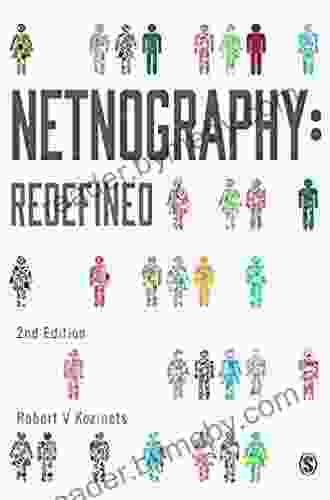
 Griffin MitchellNetnography Redefined: The Ultimate Guide to Uncovering the Secrets of Online...
Griffin MitchellNetnography Redefined: The Ultimate Guide to Uncovering the Secrets of Online...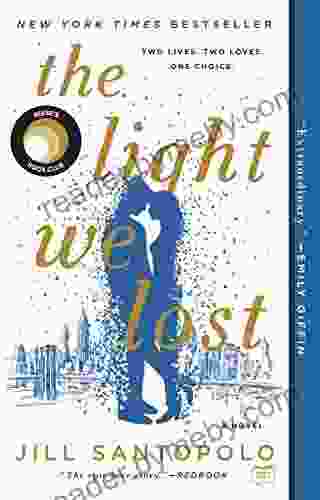
 Anthony WellsUnveiling the Profound Journey of Love and Loss: A Captivating Review of "The...
Anthony WellsUnveiling the Profound Journey of Love and Loss: A Captivating Review of "The... Emilio CoxFollow ·14.6k
Emilio CoxFollow ·14.6k Jonathan FranzenFollow ·11.4k
Jonathan FranzenFollow ·11.4k Devon MitchellFollow ·17.4k
Devon MitchellFollow ·17.4k Jarrett BlairFollow ·3.5k
Jarrett BlairFollow ·3.5k Felix HayesFollow ·2.3k
Felix HayesFollow ·2.3k Vic ParkerFollow ·12.2k
Vic ParkerFollow ·12.2k Yasunari KawabataFollow ·3.4k
Yasunari KawabataFollow ·3.4k Dawson ReedFollow ·19.6k
Dawson ReedFollow ·19.6k
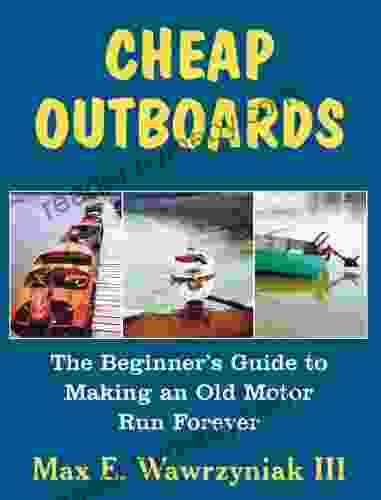
 Wayne Carter
Wayne CarterThe Beginner's Guide to Making an Old Motor Run Forever
If you're like most...
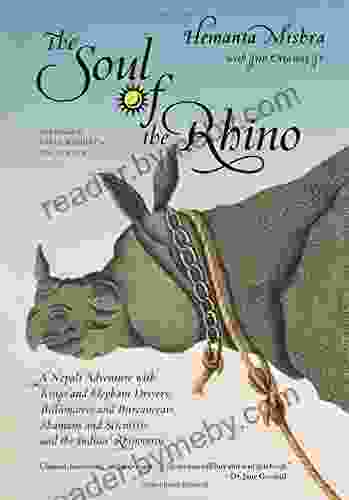
 Deacon Bell
Deacon BellNepali Adventure: Kings and Elephant Drivers,...
In the heart of the...
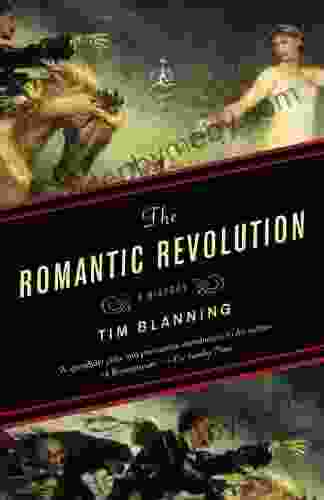
 Carlos Drummond
Carlos DrummondThe Romantic Revolution: A Journey Through History and...
Unveiling the...

 Kazuo Ishiguro
Kazuo IshiguroUnlock Your Inner Innovator: Dive into the New Wave...
Embark on a Transformative Journey of...
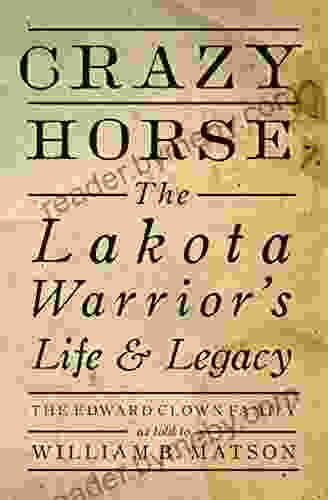
 William Golding
William GoldingCrazy Horse: The Lakota Warrior's Life and Legacy
In the annals of Native...

 Hector Blair
Hector BlairMildred and Richard Loving: The Inspiring Story of...
Mildred and Richard Loving were an...
4.5 out of 5
| Language | : | English |
| File size | : | 12137 KB |
| Text-to-Speech | : | Enabled |
| Screen Reader | : | Supported |
| Enhanced typesetting | : | Enabled |
| Print length | : | 1295 pages |


